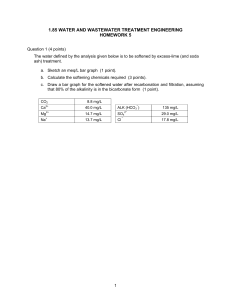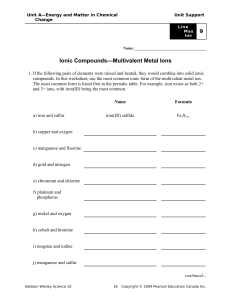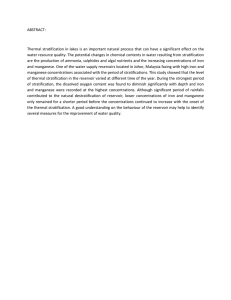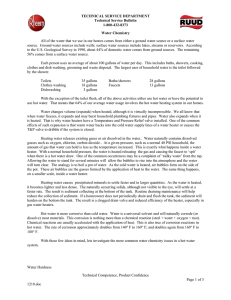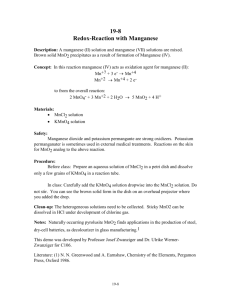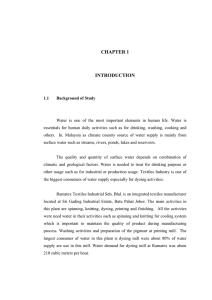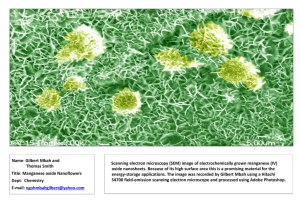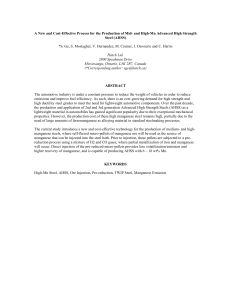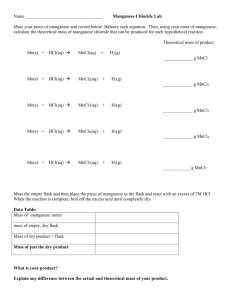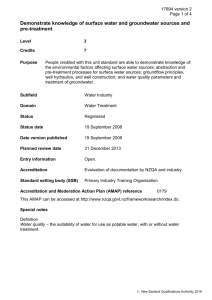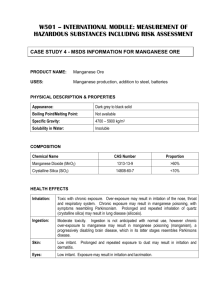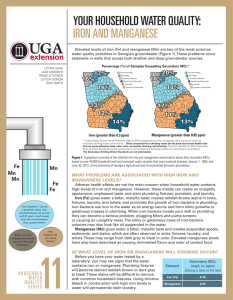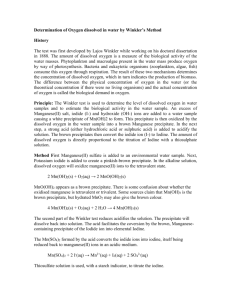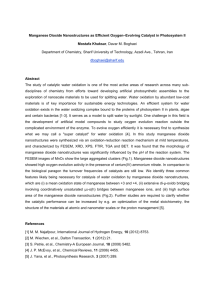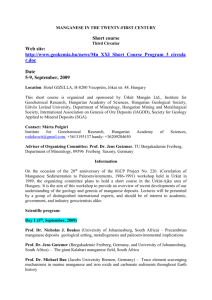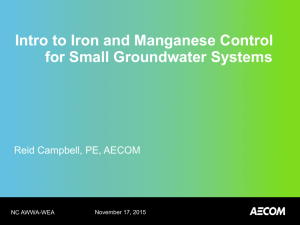GROUNDWATER AWARENESS Mar
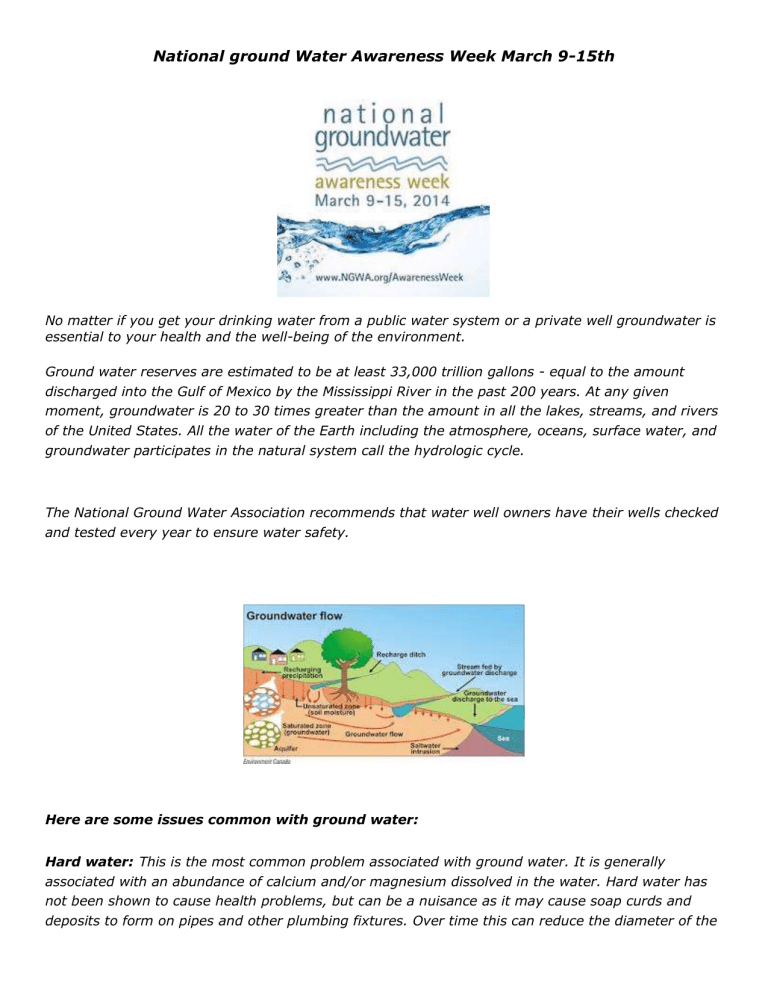
National ground Water Awareness Week March 9-15th
No matter if you get your drinking water from a public water system or a private well groundwater is essential to your health and the well-being of the environment.
Ground water reserves are estimated to be at least 33,000 trillion gallons - equal to the amount discharged into the Gulf of Mexico by the Mississippi River in the past 200 years. At any given moment, groundwater is 20 to 30 times greater than the amount in all the lakes, streams, and rivers of the United States. All the water of the Earth including the atmosphere, oceans, surface water, and groundwater participates in the natural system call the hydrologic cycle.
The National Ground Water Association recommends that water well owners have their wells checked and tested every year to ensure water safety.
Here are some issues common with ground water:
Hard water: This is the most common problem associated with ground water. It is generally associated with an abundance of calcium and/or magnesium dissolved in the water. Hard water has not been shown to cause health problems, but can be a nuisance as it may cause soap curds and deposits to form on pipes and other plumbing fixtures. Over time this can reduce the diameter of the
pipes. Hard water is considered bad for your plumbing, but people with heart or circulatory problems may want to consult their physician about drinking softened water, because the softening process removes calcium and magnesium but adds sodium to the water.
Iron and manganese: A “rusty” or metallic taste in water is a result of iron and sometimes manganese in ground water. They not only create a bad taste, but they also can stain pipes and clothing. Iron and manganese are naturally occurring, and most ground water has some amount of dissolved iron and manganese in it. There are several treatment methods. Solutions include but are not limited to installing a water softener if iron and manganese are present in low quantities.
Nitrogen: Most nitrogen in ground water comes from the atmosphere. Nitrogen compounds also can work their way into ground water through fertilizers, manure, and urine from farm animals, sewage, and landfills. The most common forms in groundwater are ammonia, nitrate, and nitrite. Nitrates can be especially toxic to children under six months of age. Exposure to ammonia also presents a health risk. There are a variety of treatment methods to correct this problem, including reverse osmosis systems with water softeners to remove nitrates and nitrites and oxidation to remove small amounts of ammonia. However, treatment should be a last resort. Removing the source of contamination is the first priority.
Sulfur: can occur in ground water in two forms: sulfides and sulfates. Sulfides are naturally occurring in much of the United States in limestone containing organic materials. Sulfates often come from the dissolving of minerals, such as gypsum and anhydrite. A “rotten egg” smell coming from your water indicates the presence of hydrogen sulfide gas. Along with creating an unpleasant odor and taste, sulfides cause corrosion to plumbing and darken water. There are several methods for treating sulfur. Aeration, ozone, hydrogen peroxide, and chlorine (best followed by filtration) are effective against dissolved hydrogen sulfide or gas.
To learn more about well water safety and maintenance go to http://wellowner.org/
